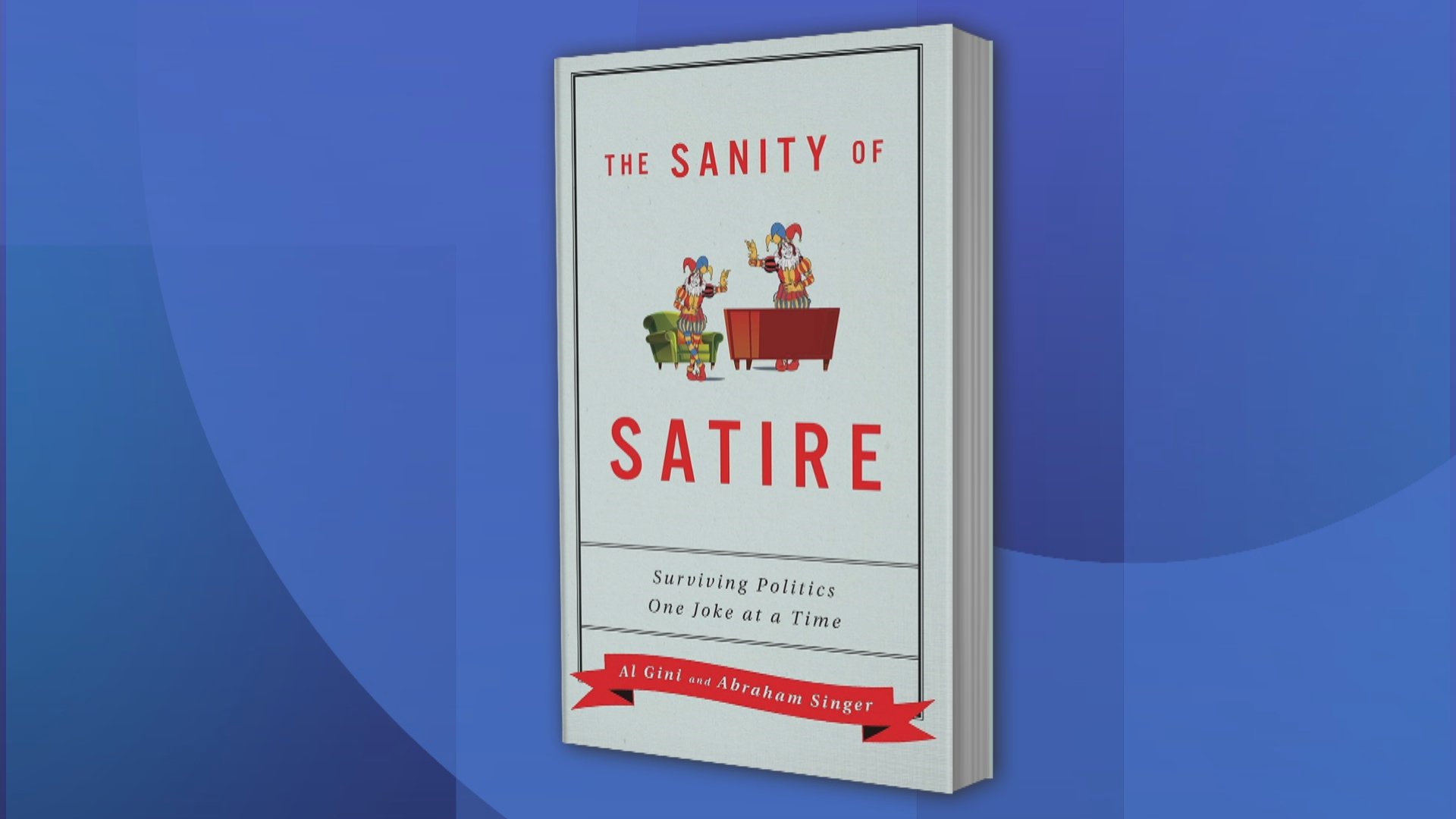Amid all the consideration on previous President Barack Obama’s new e-book, what may well not have proven up in the opinions is mention of a two-web page summary that, for legislative scholars like me, involves what may possibly be the shortest and potentially very best description of how legislatures truly work, even for political experts.
Primarily based on his time as an Illinois point out senator from 1997 to 2004, the transient passage crystallizes the inner workings of the legislative procedure. As a scholar who has noticed and studied condition legislatures and Congress for virtually 50 a long time, I know there are hundreds of autobiographies by former users of Congress, former U.S. senators and previous point out legislators – all of whom supply classes about what goes on in their respective chambers.
But none is so succinct as Obama’s.
Legions of accounts
A person of the initially legislative memoirs I read through, in about 1972, was “Congress: The Sapless Department,” penned a decade previously by Joseph Clark, who then represented my household state, Pennsylvania, in the U.S. Senate. I grew to become fascinated with the idea of legislators analyzing their very own institutions — and even proposing reforms to make them perform improved.
Most legislator autobiographies are hefty on private journeys, describing why and how they ran for business office, what happened during the marketing campaign and their legislative successes the moment elected. These sorts of publications involve previous U.S. Sen. Claire McCaskill of Missouri’s 2015 “A lot Ladylike” and Sen. Mitch McConnell of Kentucky’s 2016 “The Long Sport.” They pay minor attention to the performance of the legislature or the broader political procedure — though McConnell does observe the contrast between politics and reality, the change between “making a issue and earning a variation.”
There are exceptions to this. For instance, in Philip J. Rock’s memoir, printed just after his 2016 loss of life, “Nobody Phone calls Just to Say Howdy,” the longtime Illinois Senate president diligently clarifies how at minimum a dozen critical choices came about.
Obama’s knowledge
In his 750-webpage guide, Obama’s legislative perception will come early, on web pages 33 and 34. Obama recounts an early speech opposing tax breaks to businesses using facts and figures that he felt particular were convincing. When he concluded, Senate President Pate Philip arrived in excess of to his desk:
“That was a hell of a speech,” he stated, chewing on an unlit cigar. “Made some superior points.” Then he included:
“Might have even improved a great deal of minds,” he mentioned. “But you did not improve any votes.” With that he signaled to the presiding officer and viewed with pleasure as the green lights signifying “aye” lit up the board.
Obama went on to explain his perspective of politics in Springfield as “a sequence of transactions largely hidden from watch, legislators weighing the competing pressures of numerous passions with the dispassion of bazaar retailers, all the whilst preserving a cautious eye on the handful of ideological sizzling buttons — guns, abortion, taxes — that may well crank out heat from their foundation.”
Obama discussed that it was not that legislators “didn’t know the distinction amongst very good and negative plan. It just didn’t make a difference. What everyone in Springfield comprehended was that 90% of the time voters back home weren’t spending interest. A complex but worthy compromise, bucking bash orthodoxy to aid an impressive idea — that could price tag you a vital endorsement, a major money backer, a management publish, or even an election.”
In that passage, Obama describes the central weak spot of agent democracy: Wonderful-wanting political institutions really do not perform the way they look, partly because structured particular passions continue to keep them that way, and additional importantly, for the reason that “90% of the time voters back again dwelling weren’t paying interest.”
Legislators react to individuals and passions they see and listen to. Commonly that indicates other politicians, lobbyists and their staffs. With no an attentive general public, the general public desire loses out.
We all know improved than we reside
His account reinforces a fact I first struggled with in 1981 whilst interviewing an Indiana legislator for my dissertation. I questioned him if he seemed for information to greater recognize legislative proposals. He explained to me, “I can not assist but assume that you feel that our issue is that we really don’t know what we really should be undertaking below. It’s just like in farming, I already know how to farm better than I farm.”
Men and women previously know the points of how to stay healthier, do the job extra properly and help save much more cash. And politicians mostly know how to deal with what the community really demands. It is inspiration and self-control that are generally the hurdles, not a lack of information.
Tutorial textbooks and article content are beneficial for understanding items of the legislative course of action. But they, and lawmakers’ individual reflections, seldom so clearly reveal — as Obama captures — how legislators understand it.
David Webber is an associate professor emeritus of political science at the University of Missouri-Columbia.
This posting initially was printed on The Dialogue.
Ship letters to [email protected].

